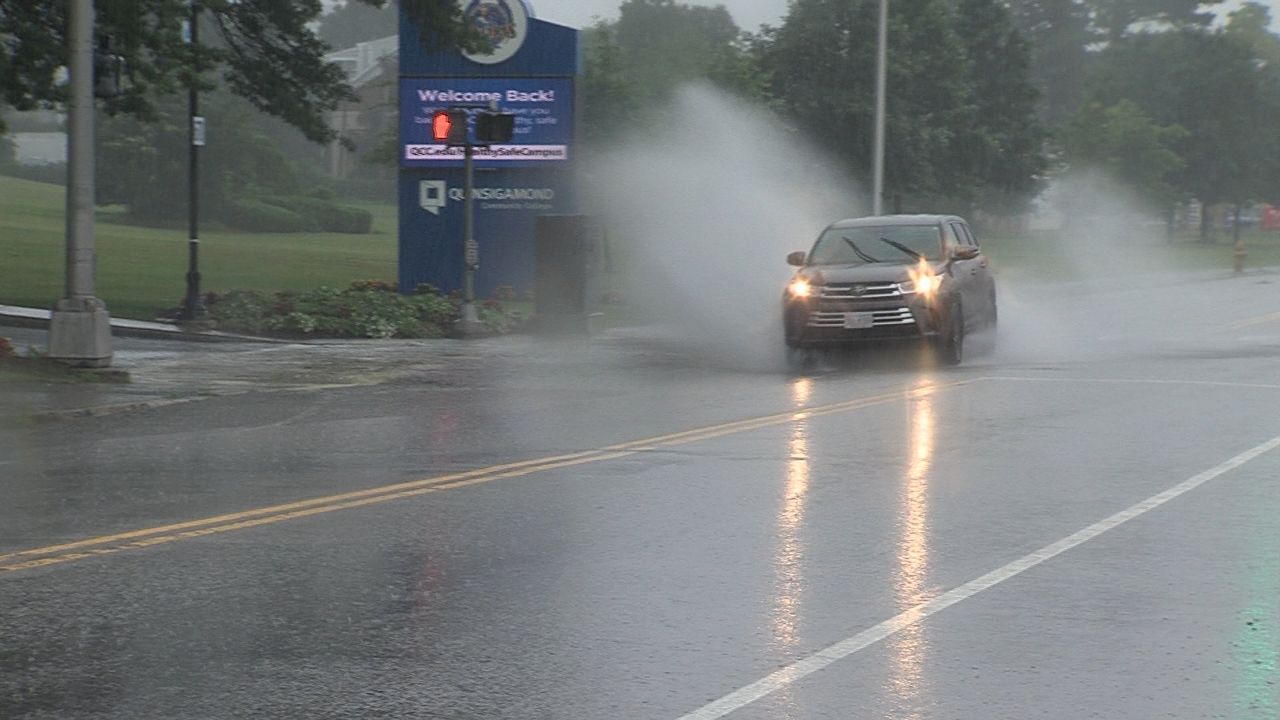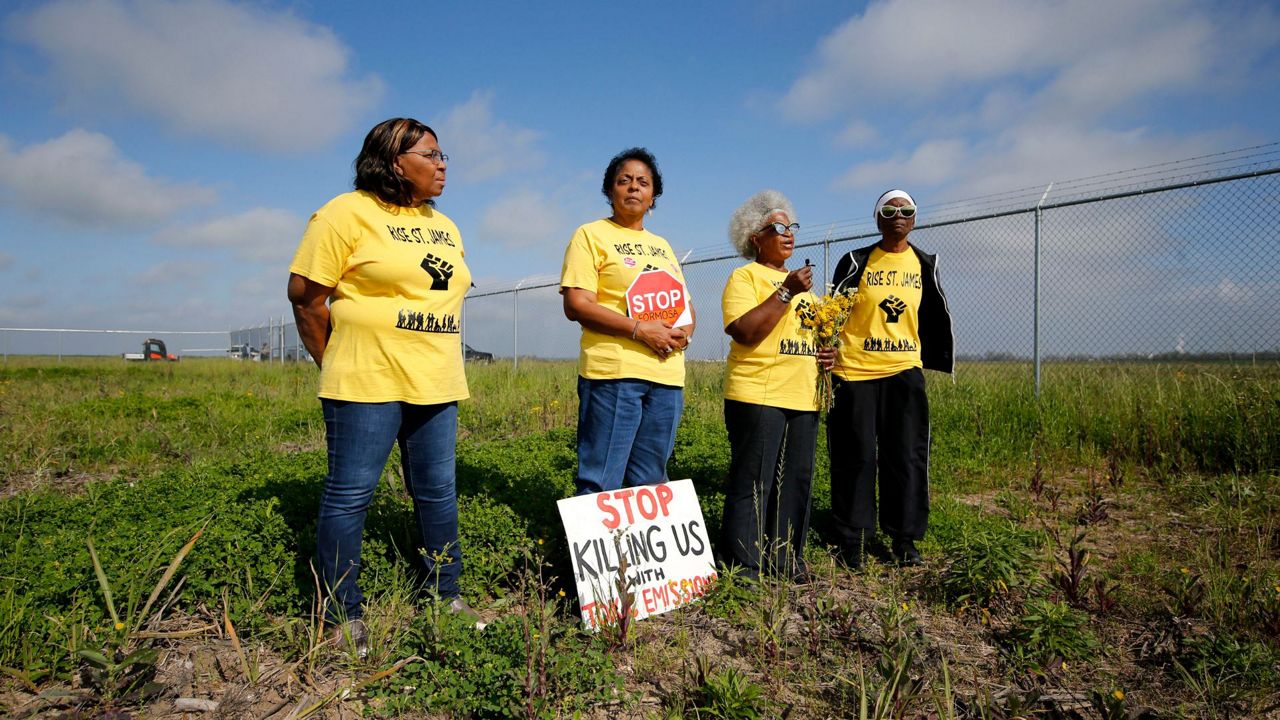AUSTIN, Texas -- Hurricane Harvey is still affecting agriculture, meaning how and where people get their food.
A Texas House committee hopes to mitigate the impact of future storms on livestock and farming, as the state’s agriculture industry is still dealing with the effects of Hurricane Harvey.
Economists from the Texas A&M AgriLife Extension Service said the historic storm caused more than $200 million in commodity losses. The House Committee on Agriculture and Livestock is reviewing testimony heard Tuesday at the State Capital from the Department of Agriculture, the Texas Animal Health Commission, and the Texas A&M AgriLife Extension Service about their response to Harvey.
The state agencies acknowledged that while they are not first responders, they still geared up.
"We’re talking about not only lives, but livelihoods of our rural Texas communities, a lot of those communities are Ag-based. The funding and community is based on agriculture, which is a huge industry in the state of Texas and if we can support that local producer, then we can also support that local, small business owner that’s living in that community," said Monty Dozier, special assistant to the Governor’s Commission to Rebuild Texas for Texas A&M AgriLife Extension Service.
Dr. Andy Schwartz, the state veterinarian and executive director of Texas Animal Health Commission, said his organization’s primary role was to plan ahead, coordinate response through a central location, and identify evacuation facilities. There was a systemic effort between the three state agencies.
Staff activated 13 animal supply points, hosted thousands of displaced animals, distributed hay and feed, and tested water wells for contamination, among other action.
"Once the animals were in the shelter, they needed to be cared for and in some cases our personnel actually fed and watered the animal, while they were there and helped reunite them with their owners," Schwartz said.
As for farmers, cotton producers took the hardest hit with $100 million in losses, followed by rice and soybean. In his testimony, farmer Glen Miracle encouraged sustainable practices. He said he uses “prairie management” on his farm, Laughing Frog Farm in Hempstead.
The idea is to use techniques to mimic nature as much as possible. Miracle said his farm soil is able to absorb nine inches of rain water an hour. When Harvey’s rainfall ended, farms around him were still flooded, but Laughing Frog Farm was not.
"The way we’re farming today is 1950’s technology, it would be akin to running an office without a computer," Miracle said. “The entire idea of standard, conventional farming is the same as we had in post World War II.”
State agencies said they are continuing to work with local groups to develop plans for sheltering and evacuating animals.








